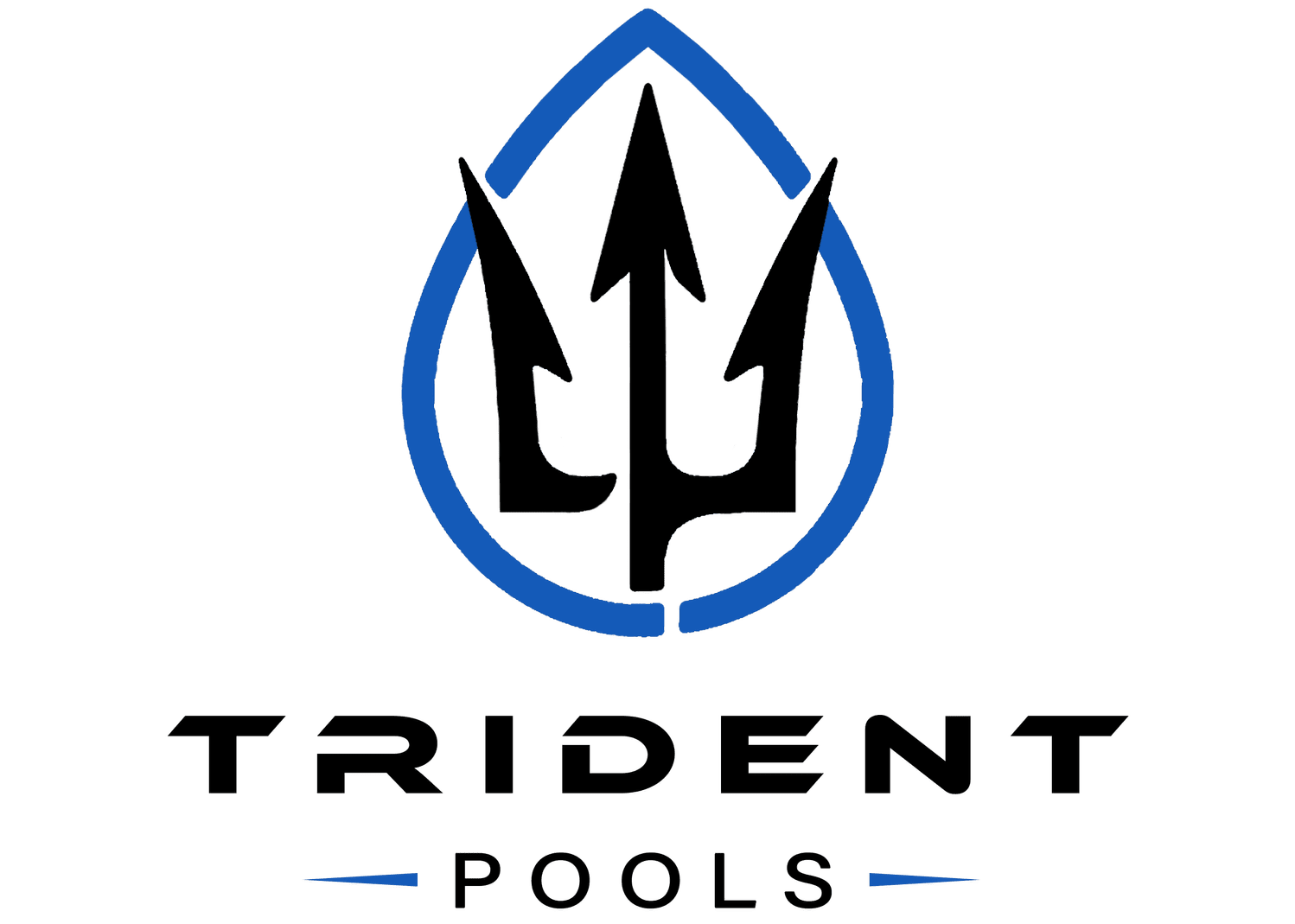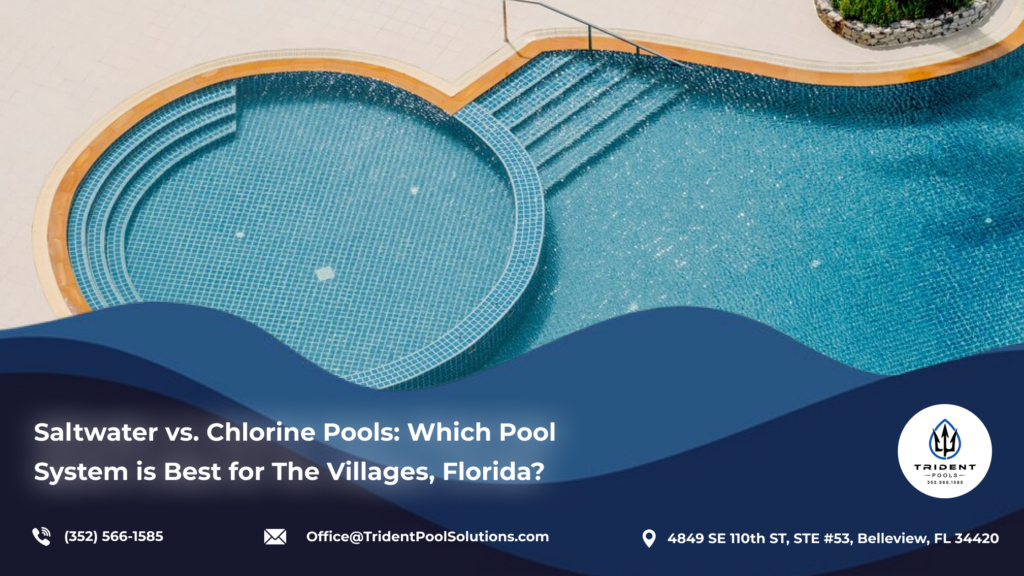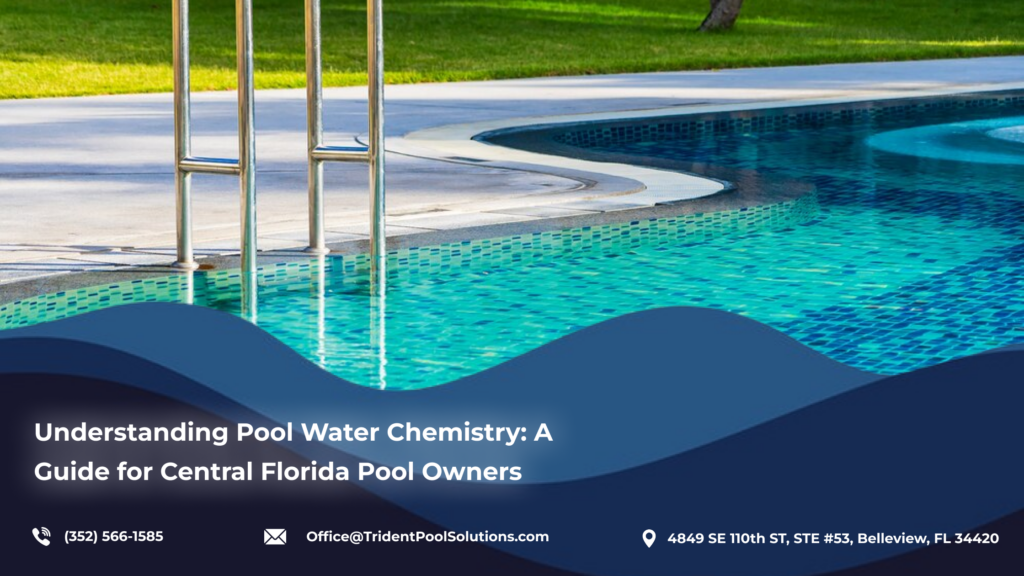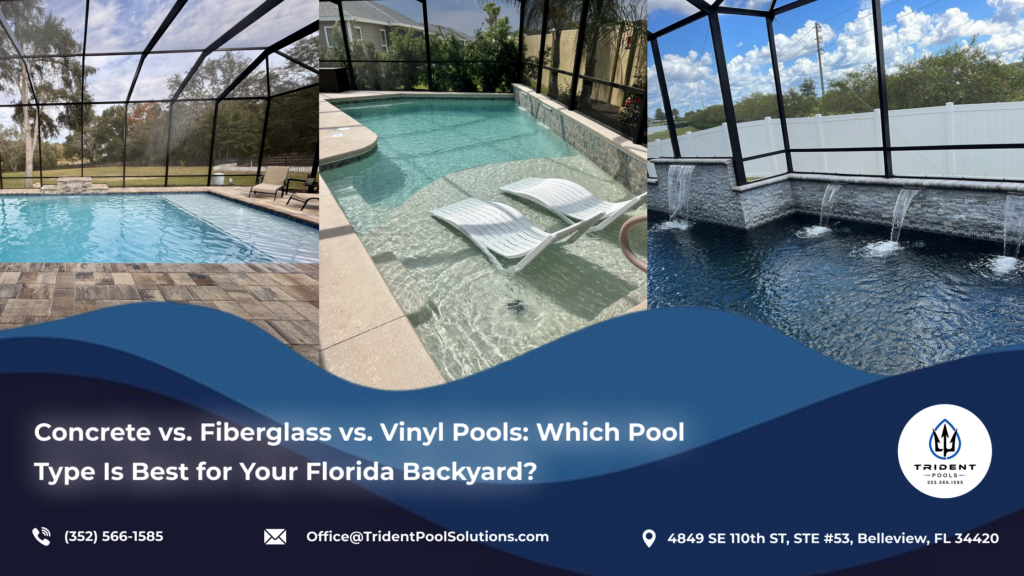
Keep Your Pool Sparkling with the Right Pool Care Chemicals
A sparkling, clean pool is every pool owner’s dream. But maintaining that crystal-clear water requires more than just skimming leaves and running the filter. The real key to a healthy and inviting pool lies in using the right pool care chemicals. Without proper chemical balance, your pool water can quickly become cloudy, algae can take over, and bacteria can pose serious health risks. In this blog, we’ll dive into the world of pool care chemicals, explain their importance, and guide you through maintaining the perfect balance for a safe, sparkling pool.
The Importance of Pool Care Chemicals
Keeping a pool clean and safe isn’t just about aesthetics. Proper chemical balance is essential for ensuring that the water is safe to swim in and that your pool equipment lasts. Pool care chemicals play a crucial role in controlling the water’s pH level, preventing the growth of algae and bacteria, and protecting swimmers from harmful contaminants.
Fact 1:
Unbalanced pool water can cause skin irritation, red eyes, and even damage to the pool’s surfaces.
Fact 2:
Proper chemical maintenance can extend the life of your pool’s equipment by preventing corrosion.
Fact 3:
Neglecting pool chemicals can lead to expensive repairs or replacements of equipment, like pumps and filters.
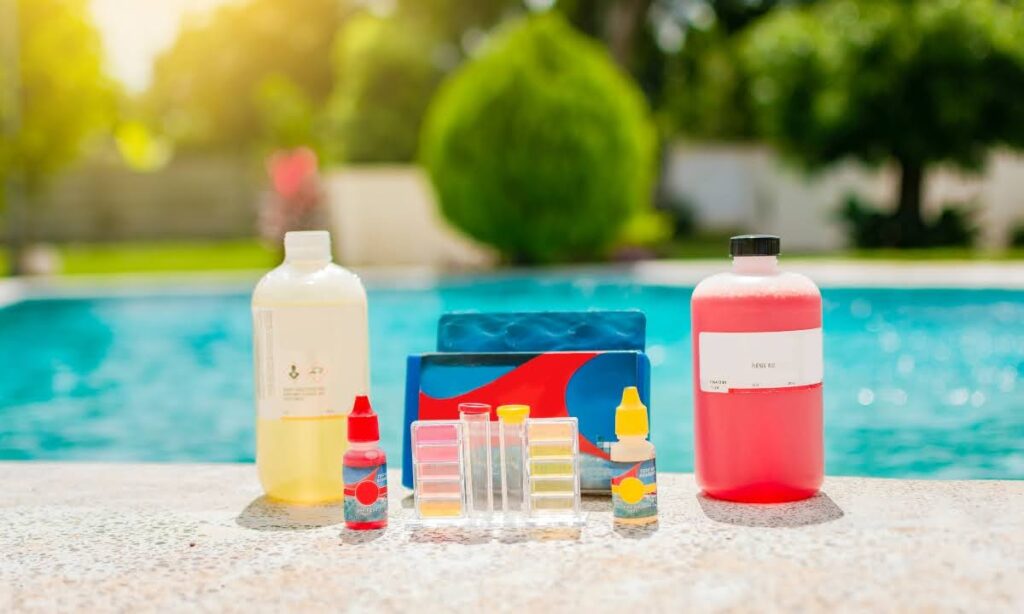
Key Pool Care Chemicals You Need to Know About
To keep your pool in perfect condition, you’ll need to use a combination of different pool care chemicals. Each one plays a specific role in keeping the water clean, safe, and enjoyable. Here are the most important chemicals you should be familiar with:
Chlorine
Chlorine is the most widely used pool sanitizer. It kills harmful bacteria, viruses, and algae that can make swimming dangerous. Chlorine comes in various forms, including tablets, liquid, and granules, allowing pool owners to choose what works best for their pool system.
Tip: Always test your chlorine levels regularly to ensure they remain between 1 and 3 parts per million (ppm). This range is ideal for keeping your water safe without causing skin or eye irritation.
pH Balancers
Maintaining the right pH balance in your pool is essential for swimmer comfort and the effectiveness of other pool care chemicals. If the pH level is too high or too low, it can cause skin irritation, corrode equipment, and reduce the efficiency of chlorine.
- pH increasers: Raise the pH level when it drops below the ideal range of 7.2 to 7.6.
- pH decreasers: Lower the pH when it rises above the ideal range, preventing cloudy water and scale buildup.
Algaecides
Algae can quickly turn your pool water green and slippery, making it unpleasant and unsafe for swimming. Algaecides are chemicals that prevent and control the growth of algae. Regular use of algaecides keeps your pool water clear and free from slimy surfaces.
Tip: Use algaecide as a preventive measure after heavy rainfall, which can introduce spores into your pool.
Shock Treatments
Shocking your pool involves adding a high dose of chlorine or another oxidizer to quickly destroy organic contaminants. Shocking is an essential part of regular pool maintenance, as it helps eliminate harmful bacteria, algae, and chloramines (combined chlorine) that standard chlorination may miss.
Most pool experts recommend shocking your pool once a week, especially after periods of heavy use or during very hot weather.
Cyanuric Acid (Stabilizer)
Cyanuric acid helps to protect chlorine from being broken down by the sun’s UV rays. This chemical extends the life of your chlorine, ensuring it remains effective in keeping your pool water clean. Without stabilizer, your pool could lose significant amounts of chlorine daily, leading to frequent chemical adjustments.
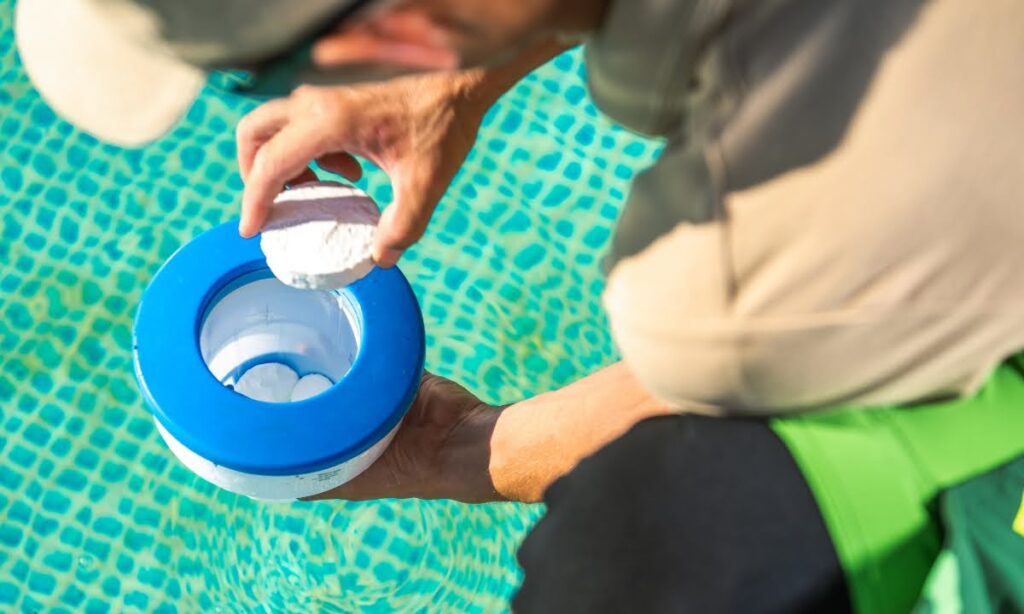
How to Balance Pool Care Chemicals
Maintaining the right balance of pool care chemicals is key to a healthy pool. Here’s how to balance the most important chemicals step-by-step:
Step 1: Test the Water
Start by testing your pool’s water at least twice a week during the swimming season. You can use a liquid test kit or test strips to check the levels of chlorine, pH, alkalinity, and stabilizer. Many pool supply stores also offer free water testing if you prefer to have a professional check your levels.
Step 2: Adjust pH Levels First
If your pH is outside the 7.2 to 7.6 range, adjust it first before adding other chemicals. Use a pH increaser or decreaser as needed. Remember that balanced pH levels help other chemicals, like chlorine, work more effectively.
Step 3: Maintain Alkalinity
Total alkalinity acts as a buffer for your pool’s pH levels, preventing rapid changes. Ideal alkalinity levels are between 80 and 120 ppm. Use an alkalinity increaser or decreaser to keep this in check.
Step 4: Add Chlorine
Once your pH and alkalinity are balanced, add chlorine to your pool. Ensure that chlorine levels remain between 1 and 3 ppm to keep the water sanitized. Remember to add chlorine slowly and in small amounts to avoid overdosing.
Step 5: Shock the Pool as Needed
Regularly shocking the pool removes organic contaminants that normal chlorination can miss. This should be done weekly or whenever your pool experiences heavy use or has an algae problem.
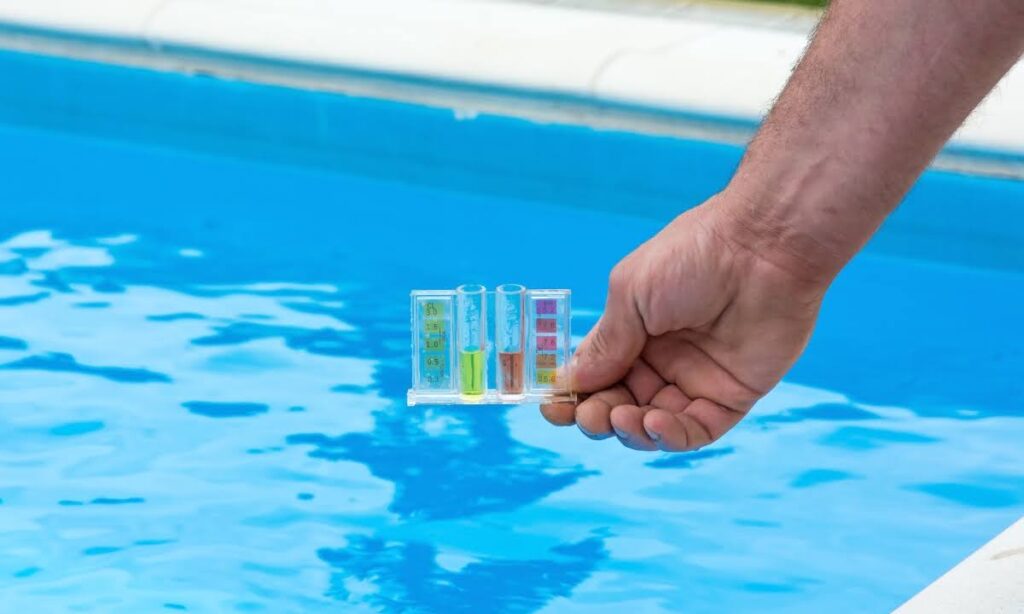
Common Mistakes in Pool Chemical Maintenance
Even the most diligent pool owners can make mistakes when it comes to chemical maintenance. Here are a few common errors to avoid:
Overusing Chlorine
Adding too much chlorine to your pool can lead to skin irritation, a strong chemical smell, and even damage to the pool’s surfaces. Always stick to the recommended dosage and test the water regularly.
Ignoring pH Levels
If your pool’s pH is too high or too low, the chlorine won’t work effectively. Ignoring pH levels can also lead to equipment damage, cloudy water, and algae growth.
Not Shocking the Pool
Failing to shock your pool regularly allows bacteria, algae, and other contaminants to build up. Regular shock treatments help keep the water clear and safe.
Best Practices for Using Pool Care Chemicals Safely
Using pool care chemicals is essential, but handling them safely is equally important. Here are a few best practices to ensure you stay safe while keeping your pool clean:
- Read Labels Carefully: Always follow the manufacturer’s instructions when using pool chemicals. Mixing certain chemicals can be dangerous, so it’s important to handle them with care.
- Store Chemicals Properly: Pool chemicals should be stored in a cool, dry place, away from direct sunlight and moisture. Make sure they’re out of reach of children and pets.
- Wear Protective Gear: When handling chemicals, wear gloves and eye protection to prevent skin irritation or accidental splashes.
How Weather Affects Pool Care Chemicals
The weather plays a major role in how you manage your pool care chemicals. Changes in temperature, rainfall, and sunlight can all impact the balance of your pool’s water.
- Hot weather: High temperatures increase chlorine consumption, meaning you may need to add more chlorine during hot months to maintain proper sanitation.
- Rainfall: Heavy rain can dilute your pool’s chemicals, affecting pH levels and chlorine. After a storm, test the water and adjust the chemical levels accordingly.
- Sunlight: UV rays break down chlorine, so using a stabilizer like cyanuric acid is essential during sunny months.
Why Choose Professional Help for Pool Chemical Maintenance?
While many pool owners manage their pool care chemicals on their own, sometimes it’s best to seek professional help. Professionals can test your water accurately and provide the right chemical treatments, ensuring your pool stays in perfect condition.
Benefits of Hiring a Professional
- Accurate Testing: Professionals use advanced tools to get precise readings, ensuring your pool’s water chemistry is perfectly balanced.
- Time Savings: Maintaining a pool requires regular testing and adjustments. Hiring a professional allows you to enjoy your pool without the hassle of chemical management.
- Expert Advice: Pool experts can provide advice on how to maintain your pool during specific seasons, weather changes, or periods of heavy use.
Conclusion
Maintaining the right balance of pool care chemicals is the key to a clean, safe, and enjoyable pool. From chlorine to pH balancers, each chemical plays a vital role in keeping your water clear and your equipment running smoothly. Whether you choose to manage your chemicals yourself or hire a professional, staying on top of pool maintenance ensures that your pool remains a refreshing escape throughout the year.
Call to Action
Ready to simplify your pool care routine? Contact Tridentpoolsolutions today for expert advice and top-quality pool care chemicals to keep your water sparkling clean all season long!
